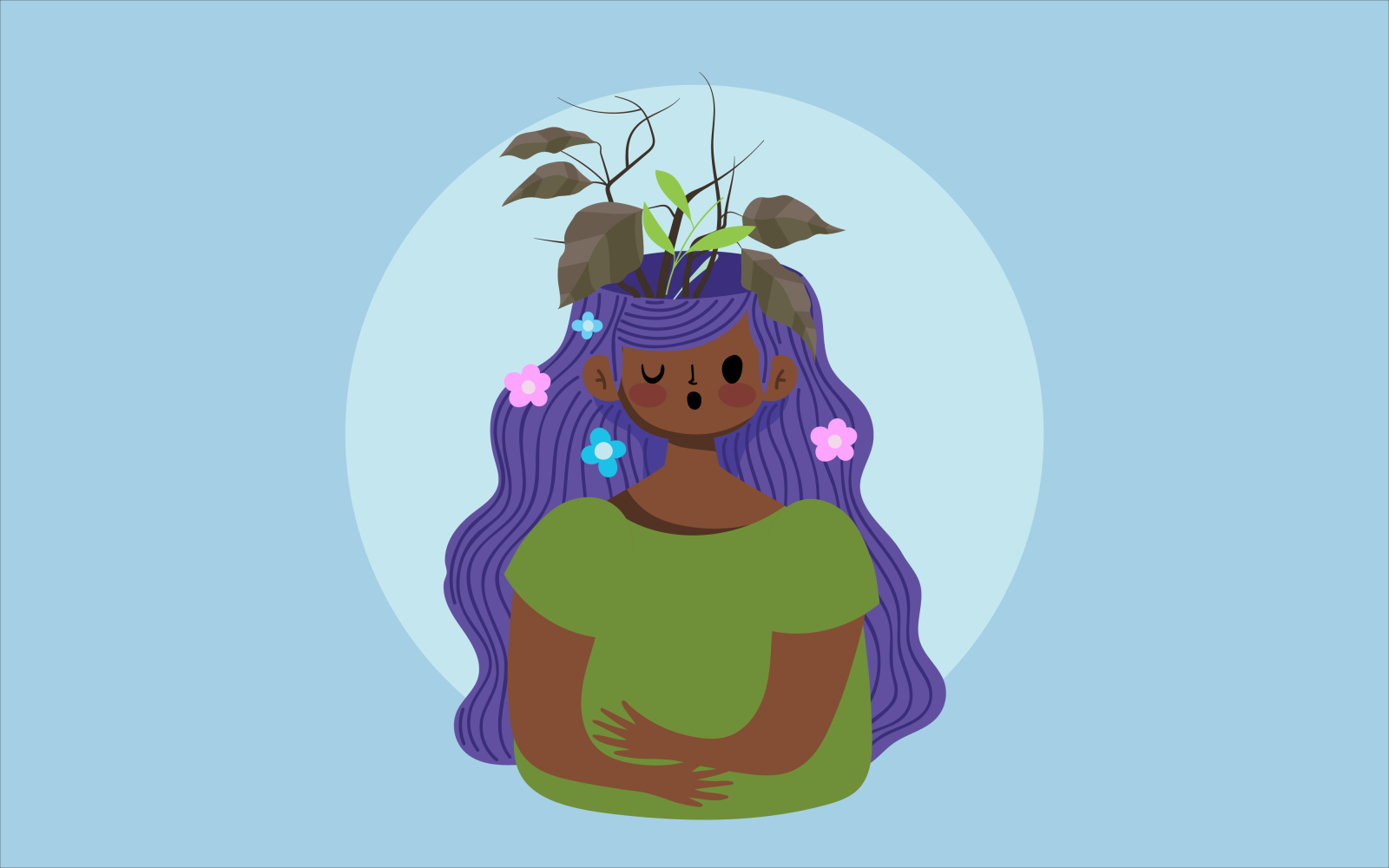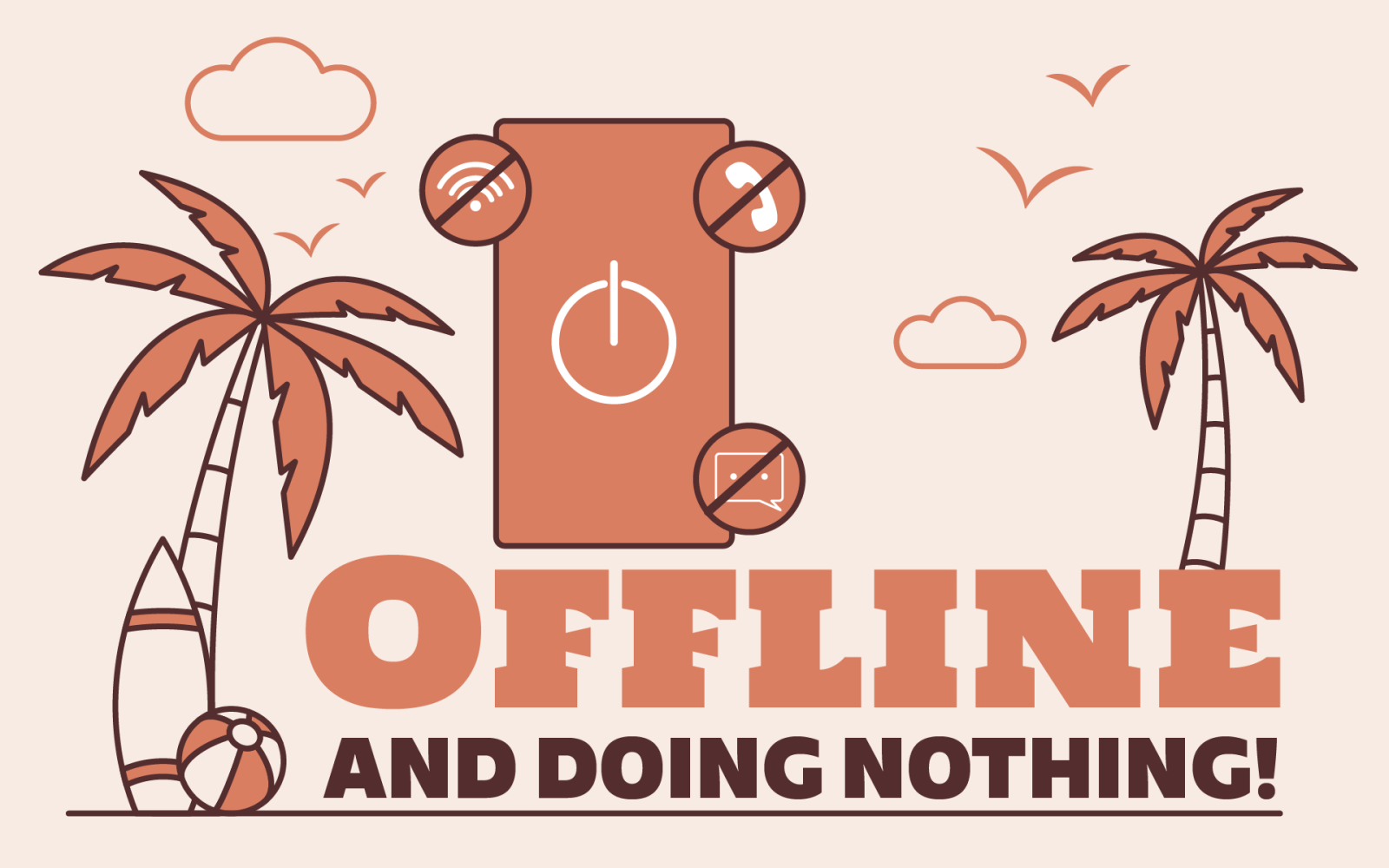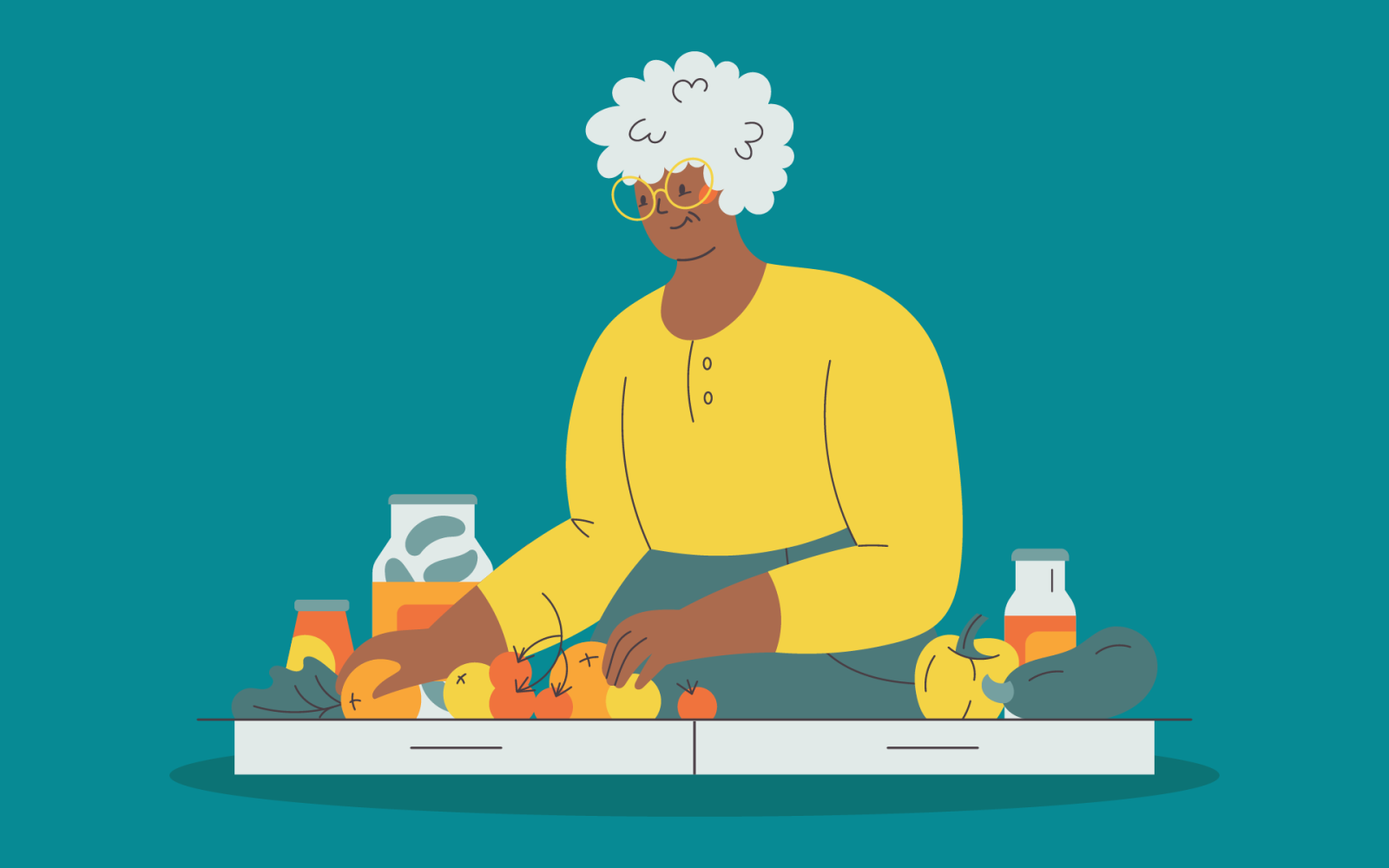37 years after school, I’m still unlearning how to be a man

Toxic masculinity wasn’t on the curriculum, but it was an everyday part of our lives.
On my first day of high school in 1984, the headmaster gathered the fresh-faced group of standard six pupils on the rugby field to address us.
“You are the luckiest boys in South Africa,” he said.
I didn’t feel lucky. I had been at the school for all of 15 minutes and an older boy had already ripped my blazer buttons off.
The headmaster went on to explain that we were so lucky because this school, an all-boys’ school, was going to teach us how to be men.
I matriculated from the school at the end of 1988 and have spent the next 37 years trying to unlearn how to be a man – at least how to not be the “man” that my school had taught me to be.
It was at school where we learnt to settle disputes with our fists, where discipline came at the business end of a cane, and where we were told to hide our emotions.
We were taught that winning is everything and that showing vulnerability is weakness.
Being a man was to be physical, to be aggressive and to be dominant.
Anyone who was different was victimised. There was a culture of bullying and humiliation, and the threat of violence was never far away.
Rugby was a religion at our school (and at pretty much all boys’ schools). The first-team players were the high priests to be revered and worshipped.
There had been stories of schoolboys breaking their backs in collapsed scrums, and my parents thought rugby was too dangerous for their son, so I had to play hockey, or as it was called at our school, “fairy sticks”.
We hockey boys were teased mercilessly.
The problem was that the sticks stood out like sore thumbs. Each week, my hockey stick would be taken and thrown onto the school’s roof.
I begged my parents to let me play rugby. They didn’t put up much resistance, probably because they were in danger of going bankrupt as they had to buy new hockey sticks each week.
I went to my first rugby practice, fantasising that my secret rugby talent would be discovered and that I would be fast-tracked to the first team.
The coach handed me the ball and told me to throw it to another player. I threw it, but the ball fell out of my hands and plopped a few metres away.
“You throw like a girl,” the coach said.
My schoolmates laughed.
The coach was our headmaster — the same person who told us we were so lucky because this was the place where we would graduate as men.
A large part of the moulding boys-into-men curriculum was shaping our attitudes to women.
We were taught that women were there for us; objectifying women was normalised.
We were taught not to value women as human beings, but as prizes to be won and discarded.
We talked about girls at our sister school and our female teachers in degrading terms.
All these sometimes subtle but mostly not subtle messages taught us that women have less value than men.
Of course, these lessons weren’t only happening at school. Male dominance was reinforced in popular culture all day, every day, and everywhere.
My first teachers in unlearning to be a man were my older sisters, who challenged me and my friends on how we behaved.
My sisters were, as one of my classmates described them, “don’t-call-us-chicks chicks”.
Having that sexist crap knocked out of me was a sobering experience. It allowed me to go into the world not always having to be the loudest voice in the room, not always having to win the argument, to be less arrogant, less dogmatic, and less macho.
It’s only when boys and men begin to dismantle stereotypes and challenge each other about our attitudes to feeling superior, that we can help prevent domestic violence, sexual assault, sexual harassment and bullying.
I’m still unlearning to be a man, but it’s helping me become a better man.
Someone who values women and girls, who doesn’t think violence and aggression are traits to aspire to, who is not afraid to be vulnerable and weak, and who is proud to throw like a girl.




